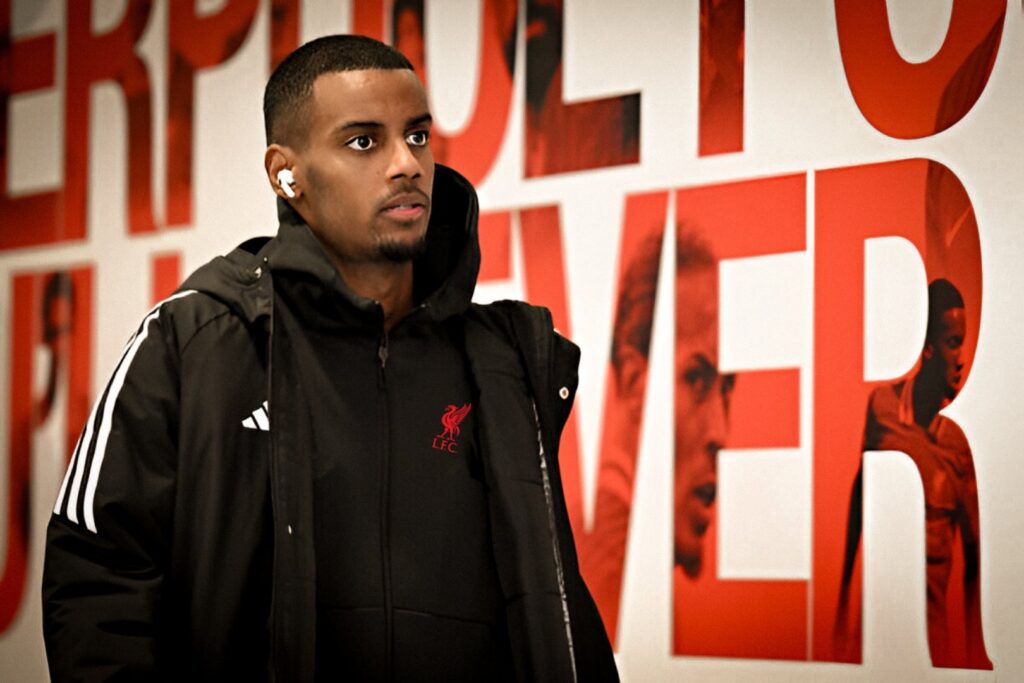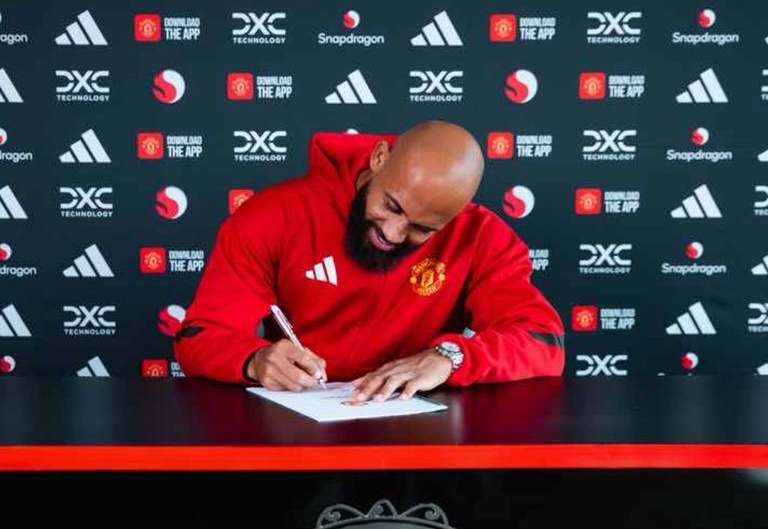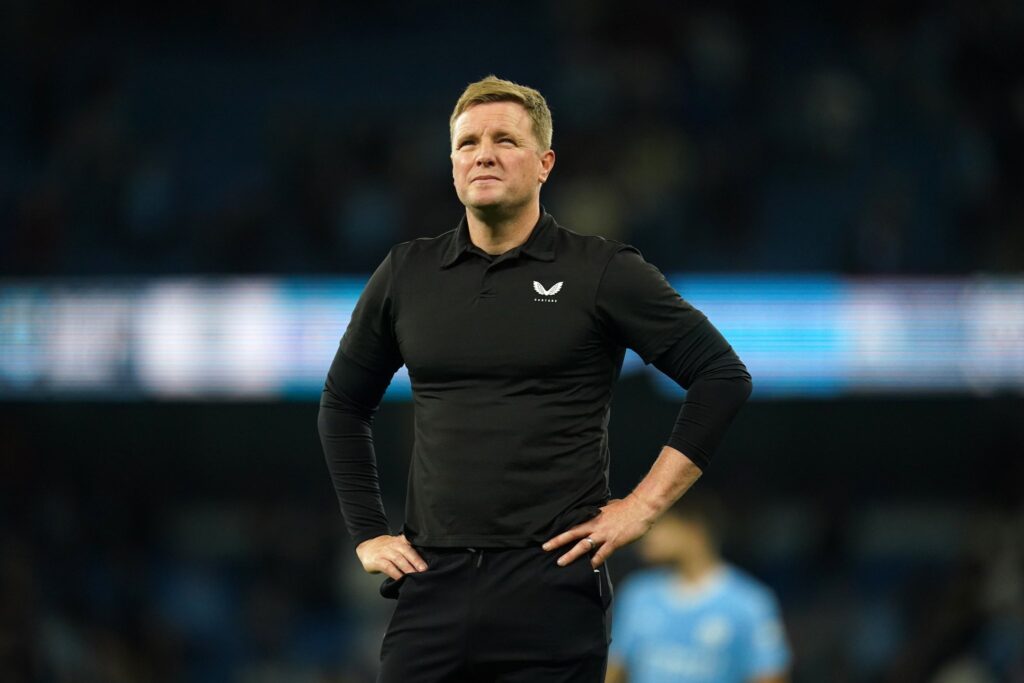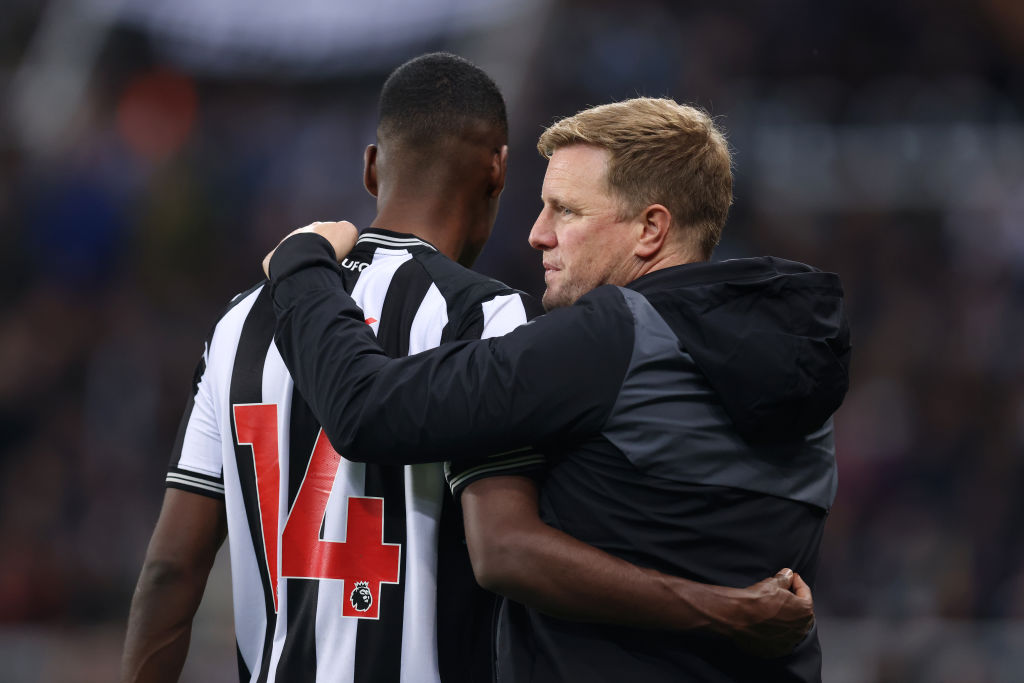Newcastle United’s project appears to be heading south despite their headstart. They’ve gotten almost everything under their control, except one they couldn’t afford, pull.
Champions League football gives you pedigree. Prestige. Power. It opens doors to a level of player otherwise unreachable, and often unattainable without it.
Add money into the mix, and most clubs swim in options, surrounded by superstars who view the project as desirable. But at Newcastle United, the formula isn’t quite computing as expected.
Despite finishing in the Premier League top five, earning themselves a spot in Europe’s premier club competition, and flaunting state-backed financial muscle, The Magpies have found themselves snubbed repeatedly in this transfer window.
From Matheus Cunha to Joao Pedro, Bryan Mbeumo to Dean Huijsen, and most recently James Trafford, and Hugo Ekitike, the list of rejections is growing long and damning.
Even more frustrating is that some of these players opted to join clubs offering lesser packages, sporting, financial, or both. For Newcastle, the money was there. The game time was promised. The platform, even global. Still, they walked away.
So, why are Newcastle struggling to get the deals over the line?
Newcastle United’s Pull Problem In a Time of Plenty

The issue may not lie in the wages or the contracts, but rather in the brand. Newcastle United, for all the money pumped in by the Public Investment Fund (PIF) of Saudi Arabia, and momentum delivered by their UCL qualification, are still grappling with pull.
While the Magpies had their golden days, think Alan Shearer’s screamers and Kevin Keegan’s swashbucklers, that was over two decades ago. Since then, the game has changed, and with it, the perception of prestige.
They are no match for any of the current big six clubs in England in terms of recent histories of silverware or household names. Newcastle, even in the glow of Saudi investment, remains more promise than pedigree.
That promise, unfortunately, does not resonate with every player. For some, it’s about the badge. For others, the manager. And that raises another crucial point, which may solve the problem in the present. Managerial magnetism.
Eddie Howe has done a brilliant job on Tyneside. He has refined the squad, given them an identity, and taken them to the Champions League quicker than many had predicted. But what he offers in tactical structure and humility, he lacks in continental charm.
We’ve seen how a manager’s profile can influence player decisions. Players have chosen to work under Jurgen Klopp, Pep Guardiola, Jose Mourinho, or even Mikel Arteta, regardless of league standing. These managers sell a project with their presence alone.
Newcastle don’t quite have that yet. And while Howe is trying, the club may need to consider enhancing the appeal around him. One solution could be appointing a reputation manager, someone to spearhead image, perception, and player relations.
A Long List of Rejection Continues To Grow
This summer has been brutal in terms of failed pursuits. Matheus Cunha and Bryan Mbeumo chose to move to Manchester United, who finished in 16th place last season. Joao Pedro picked Chelsea. Hugo Ekitike was cooperative until Liverpool entered the picture.

Liam Delap said it’s only Chelsea. There was never a chance with Dean Huijsen as Real Madrid was priority, and now James Trafford, whoo was pictured as the ideal successor to Nick Pope is becoming a lost cause. These are players in different positions, of different profiles, but all with one common conclusion: Newcastle isn’t for me.
While Newcastle had seemingly priced the Reds out of a move for their main man Alexander Isak, recent reports still suggest that even his stay is far from guaranteed.
Isak is the jewel in Newcastle’s crown, and losing him this summer would be disastrous. Not just in terms of ability, but as a signal to the rest of Europe that even their best can be plucked, that the Newcastle project may not be as untouchable as imagined.
With Hugo Ekitike now Liverpool-bound, a similar profile to replace Sweden is also off the market.
So where does Newcastle go from here?
For starters, Newcastle may need to stop chasing players with alternative suitors among the top clubs, especially when those clubs boast superior sporting credibility. Competing with Arsenal, Liverpool, or PSG for a player and expecting the better deal to always win is naive.

Selling the vision better should be a priority. Players want clarity, but they also want a sense of belonging. Newcastle must define what that ‘belonging’ looks like. Not just PR, but authentic storytelling of what the club is becoming.
There’s also the need to strengthen from within. Retaining Alexander Isak is no longer just important — it’s symbolic that they are not a stepping stone, but a destination.
To build a Newcastle that means something to a young Brazilian prospect or a rising Dutch defender just as Real Madrid or Barcelona is viewed, there’s a need to manage not just talent, but the narratives.
A Newcastle that represents identity, ambition, and heritage. A club that feels like the place to be, home, not just a place with funds to spend.
In many ways, Newcastle United are ahead of schedule. They have the structure. They have the backing. They even have the football. But when it comes to pull, they remain unmoved, because their spotlights are yet to shine beyond England.
Until they fix that, more rejections will come. More talent will walk. And Champions League nights at St James’ Park may remain a memory rather than a recurring theme, because in the current era, reputation often signs the deal before the contract does.
Kehinde-Hassan Afolabi

